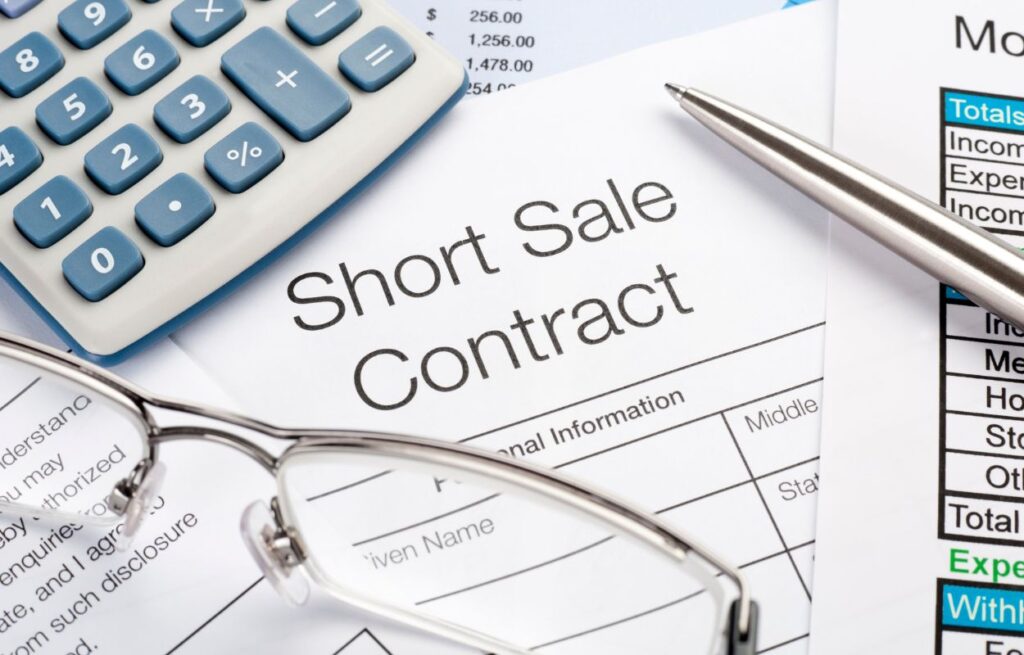 Halloween is a thrilling time of the year, filled with spooky costumes, delicious treats, and endless fun. It is also important to remember that safety should always come first. Whether you’re a parent, homeowner, or someone simply looking out for your community, keeping your family and home safe on Halloween is a top priority. Here are some valuable tips to ensure that the holiday remains full of treats and without any tricks.
Halloween is a thrilling time of the year, filled with spooky costumes, delicious treats, and endless fun. It is also important to remember that safety should always come first. Whether you’re a parent, homeowner, or someone simply looking out for your community, keeping your family and home safe on Halloween is a top priority. Here are some valuable tips to ensure that the holiday remains full of treats and without any tricks.
- Home Security Matters: Securing your home is vital during Halloween. With increased foot traffic around your property, consider the following:
- Ensure all doors and windows are securely locked.
- Consider motion-activated lighting to deter unwanted visitors.
- Test your home security system to make sure it’s functioning correctly.
- Safe Decorations: Get into the spirit of Halloween by decorating your home, but do so safely:
- Use flameless LED candles instead of real ones for Jack-o’-lanterns.
- Place decorations in safe areas to avoid tripping hazards.
- Costume Safety: If you or your family members are dressing up for the occasion, don’t forget about costume safety:
- Choose flame-resistant costumes and avoid those that drag on the ground.
- Make sure costumes and masks don’t obstruct vision or breathing.
- Trick-or-Treating Safety: If you have little ones excited about trick-or-treating, ensure their safety with these guidelines:
- Accompany young children when they go trick-or-treating.
- Teach your kids to stick to sidewalks and cross streets at designated crosswalks.
- Bring flashlights or glow sticks to increase visibility.
- Inspect all candy before it’s consumed. Discard any unwrapped or suspicious items.
- Driving Safely: If you’re driving on Halloween, remember to be extra cautious:
- Drive slowly and carefully in residential areas, particularly where children are trick-or-treating.
- Avoid distractions while driving and keep a keen eye out for pedestrians.
- Emergency Plan: Safety doesn’t always mean preventing accidents; it also means knowing how to respond when they occur. Make sure your household is prepared:
- Teach everyone in your family how to call 911 in case of an emergency.
- Keep a first aid kit readily available for minor injuries.
- Neighbor Awareness: Maintain communication with your neighbors. If you’re going out or notice any suspicious activity, it’s good to know you can rely on your community for support.
- Home Alone: If you have older children staying home alone, make sure they’re informed about safety measures like not opening the door to strangers.
- Halloween Decorations Removal: After Halloween, remove your decorations promptly. This not only prevents vandalism but also makes your home less appealing to potential pranksters.
- Allergies: For those distributing treats, consider offering non-food items or allergy-friendly options for children with food allergies to keep everyone safe and included.
Remember, Halloween is all about fun and celebration. By taking these precautions, you can enjoy the festivities while keeping your family and home safe. So, dress up, carve those pumpkins, and let the spooky fun begin, knowing you’ve taken the right steps to ensure a happy and safe Halloween for everyone.
 This week’s most significant data offered preliminary numbers for manufacturing and services PMI (Purchasing Managers Index). Both can serve as a forward indicator for the economy while providing insight into the current state of the cost of living for the service industry. While manufacturing met an expected rise for the end of October, services saw a contraction, falling to 46.6 from 49.3. Readings below 50.0 can be a sign of a downturn for the economy, particularly given the time of the year.
This week’s most significant data offered preliminary numbers for manufacturing and services PMI (Purchasing Managers Index). Both can serve as a forward indicator for the economy while providing insight into the current state of the cost of living for the service industry. While manufacturing met an expected rise for the end of October, services saw a contraction, falling to 46.6 from 49.3. Readings below 50.0 can be a sign of a downturn for the economy, particularly given the time of the year. When it comes to home improvements, many homeowners are opting for the do-it-yourself (DIY) approach. DIY home improvements not only allow you to save money but also provide a sense of accomplishment and personalization. Whether you’re fixing a leaky faucet or renovating an entire room, taking on home improvement projects can have numerous benefits that extend beyond physical transformation.
When it comes to home improvements, many homeowners are opting for the do-it-yourself (DIY) approach. DIY home improvements not only allow you to save money but also provide a sense of accomplishment and personalization. Whether you’re fixing a leaky faucet or renovating an entire room, taking on home improvement projects can have numerous benefits that extend beyond physical transformation. When it comes to purchasing a home, one of the most significant financial decisions you’ll make is how much to put down as a down payment. Your down payment not only affects the amount you need to borrow but also plays a vital role in determining your mortgage interest rate and overall financial stability. Here are crucial tips to keep in mind when making a down payment for a home:
When it comes to purchasing a home, one of the most significant financial decisions you’ll make is how much to put down as a down payment. Your down payment not only affects the amount you need to borrow but also plays a vital role in determining your mortgage interest rate and overall financial stability. Here are crucial tips to keep in mind when making a down payment for a home: When it comes to selling a house, homeowners have different options available to them. One approach that some sellers consider is selling their house “as-is.” This means selling the property in its current condition without making any repairs or renovations.
When it comes to selling a house, homeowners have different options available to them. One approach that some sellers consider is selling their house “as-is.” This means selling the property in its current condition without making any repairs or renovations. If you’re worried about your bad credit, you’ll want to do everything in your power to improve your rating as quickly as possible – especially if you have a major purchase coming up. Improving your credit rating can give you access to better interest rates on mortgages or even help you to get that job you’re after.
If you’re worried about your bad credit, you’ll want to do everything in your power to improve your rating as quickly as possible – especially if you have a major purchase coming up. Improving your credit rating can give you access to better interest rates on mortgages or even help you to get that job you’re after. This week featured the usual retail sales report which shows consumer demand and as well as an indicator of the velocity of money, not only for consumers but business to business as well. An increase would show an increase in national and local increase in economic activity, which is important as we move into Q4 of the year; where the holiday season is expected to see an increase in consumer activity.
This week featured the usual retail sales report which shows consumer demand and as well as an indicator of the velocity of money, not only for consumers but business to business as well. An increase would show an increase in national and local increase in economic activity, which is important as we move into Q4 of the year; where the holiday season is expected to see an increase in consumer activity.

